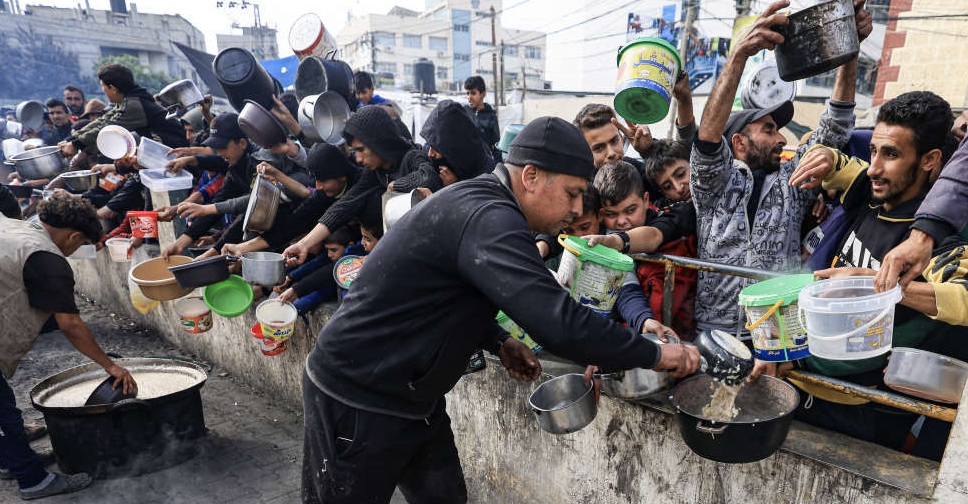
At least 576,000 people in the Gaza Strip - one-quarter of the population - are one step away from famine, a senior UN aid official told the UN Security Council on Tuesday, warning that widespread famine could be "almost inevitable" without action.
"Very little will be possible while hostilities continue and while there is a risk that they will spread into the overcrowded areas in the south of Gaza. We therefore reiterate our call for a ceasefire," said Ramesh Rajasingham, coordination director of the UN Office for the Coordination of Humanitarian Affairs.
One in six children under the age of two in northern Gaza suffers from acute malnutrition and wasting and practically all the 2.3 million people in the Palestinian enclave rely on "woefully inadequate" food aid to survive, he told the Security Council.
Rajasingham said the UN and aid groups face "overwhelming obstacles just to get a bare minimum of supplies into Gaza". These include crossing closures, restrictions on movement and communication, onerous vetting procedures, unrest, damaged roads and unexploded ordnance, he said.
Israel is committed to improving the humanitarian situation in Gaza, said Israel's deputy UN Ambassador Jonathan Miller, adding that the limitations on the quantity and pace of aid are dependent on the capacity of the UN and other agencies.
"Israel has been clear in its policies. There is absolutely no limit, and I repeat, there is no limit to the amount of humanitarian aid that can be sent to the civilian population of Gaza," Miller told the Security Council.
The US urged its ally Israel to keep border crossings open for humanitarian aid deliveries to Gaza and to facilitate the opening of more crossings, Deputy US Ambassador to the UN Robert Wood told the Security Council.
"Simply put, Israel must do more," he said. "We continue to call on Israel to improve deconfliction procedures to ensure aid can move safely and securely."
The World Food Programme "is ready to swiftly expand and scale up our operations if there is a ceasefire agreement," WFP Deputy Executive Director Carl Skau told the Security Council.
"But in the meantime, the risk of famine is being fueled by the inability to bring critical food supplies into Gaza in sufficient quantities, and the almost impossible operating conditions faced by our staff on the ground," he said.



 Seven dead after migrant boat sinks off Greek island of Lesbos
Seven dead after migrant boat sinks off Greek island of Lesbos
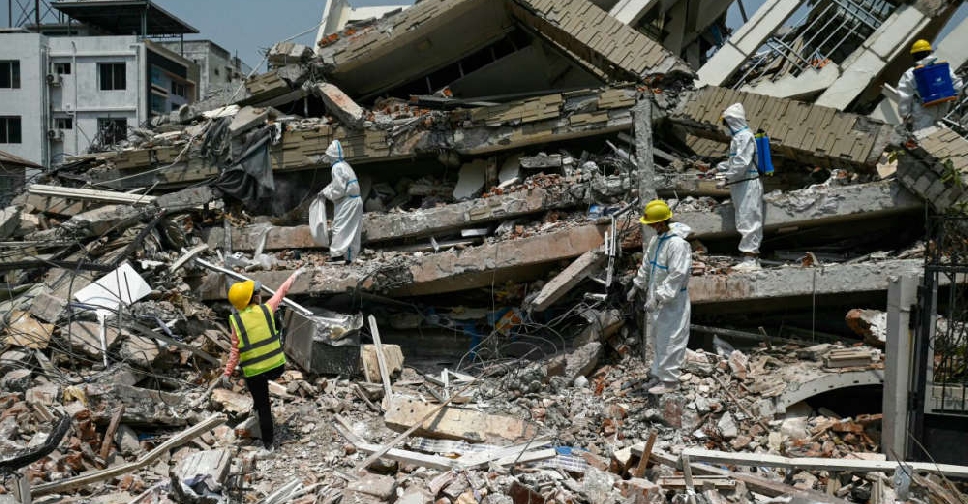 Myanmar quake deaths surpass 3,000 as rain poses new threat
Myanmar quake deaths surpass 3,000 as rain poses new threat
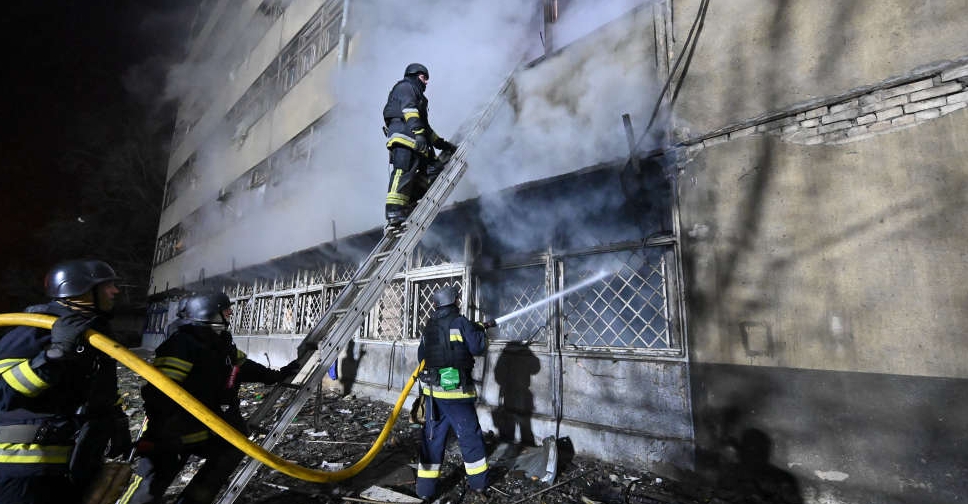 Russian forces unleash hour-long drone barrage on Ukraine's Kharkiv
Russian forces unleash hour-long drone barrage on Ukraine's Kharkiv
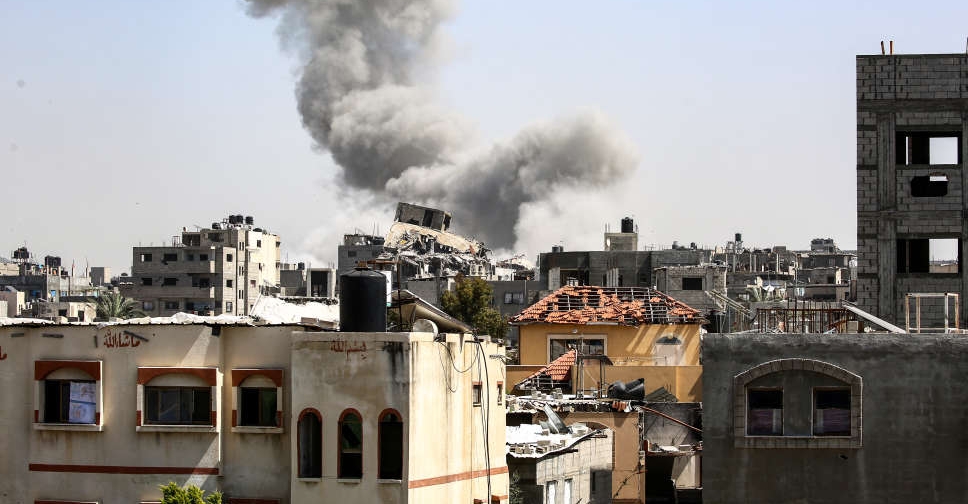 Hamas won't reply to Israel's counter Gaza ceasefire plan, official says
Hamas won't reply to Israel's counter Gaza ceasefire plan, official says
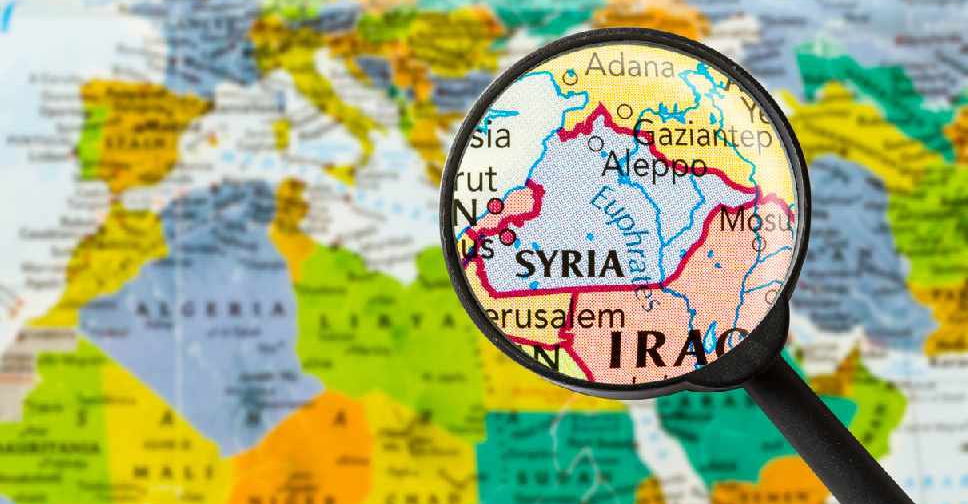 Israel strikes military bases, infrastructure in Syria
Israel strikes military bases, infrastructure in Syria







